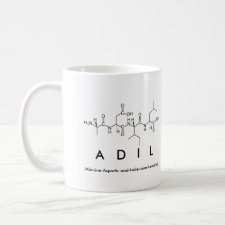
Authors: Erdem M, Say RI, Ersöz A, Denizli A, Türk H
Article Title: Biomimicking, metal-chelating and surface-imprinted polymers for the degradation of pesticides.
Publication date: 2010
Journal: Reactive and Functional Polymers
Volume: 70
Issue: (4)
Page numbers: 238-243.
DOI: 10.1016/j.reactfunctpolym.2009.12.005
Abstract: Molecularly imprinted polymer beads (PIBs) and non-imprinted (control) polymer beads (NIBs) have been prepared from methacryloylhistidine-Co2+, -Ni2+, and -Zn2+ monomers and applied as catalyst in the hydrolysis of paraoxon which is an organophosphate ester and used as a pesticide. The PIBs were prepared by a molecular surface imprinting technique. The catalytic performance of these polymers having Co2+, Ni2+ and Zn2+ ions in their catalytic active centers was evaluated according to the enzyme kinetic model of Michaelis-Menten and their activities were compared to each other. PIBs always showed higher catalytic activities than NIBs analogues. In addition, the imprinted polymers of methacryloylhistidine-Co2+, -Ni2+, or -Zn2+ complexes provided hydrolysis rate enhancements by a factor of 356, 241, and 95, respectively, compared to the rate in non-catalyzed media that contains only buffer
Template and target information: paraoxon
Author keywords: Paraoxon destruction, molecular imprinting, heterogeneous catalysis, Polymer catalysts



Join the Society for Molecular Imprinting

New items RSS feed
Sign-up for e-mail updates:
Choose between receiving an occasional newsletter or more frequent e-mail alerts.
Click here to go to the sign-up page.
Is your name elemental or peptidic? Enter your name and find out by clicking either of the buttons below!
Other products you may like:
 MIPdatabase
MIPdatabase









